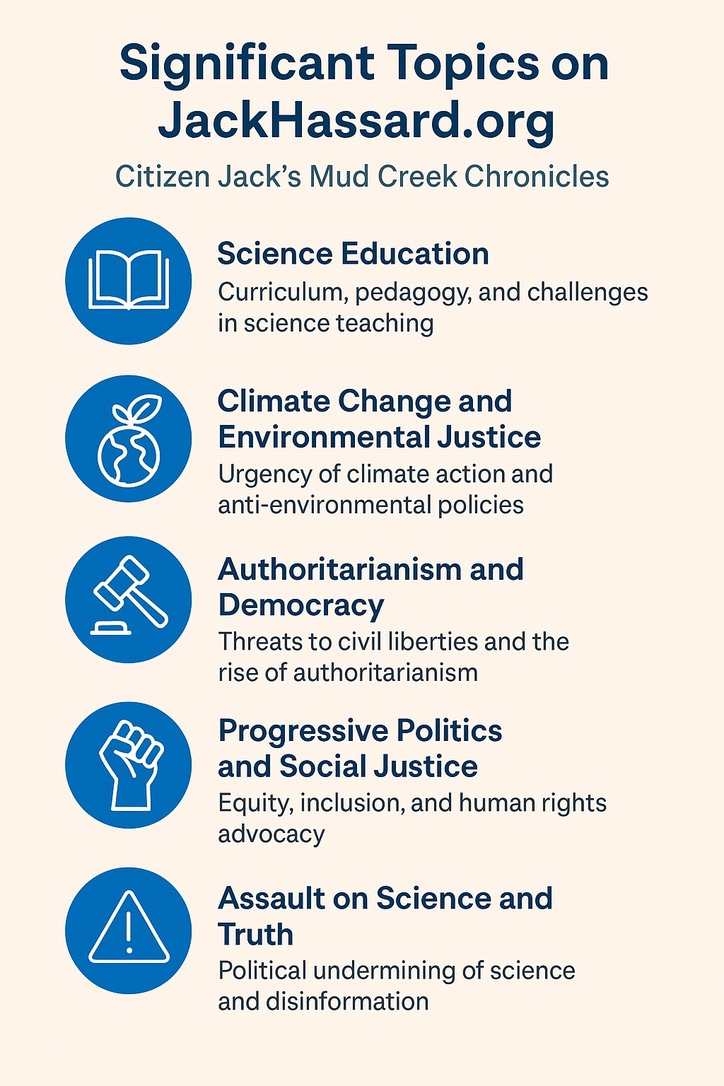Yes, the U.S. Congress did pass the American Clean Energy and Security Act of 2009 (H.R. 2454), but within Congress---in the House---there was clear evidence of "scientific illiteracy." And no, it was not the kind of thinking that we as science teachers advocate. It...
Citizen Scientists
Promoting Personal, Social and Ecological Science Education
Within the science education community there has been a movement to explore the relationships among science, technology and society (STS), and this movement has a long history. In fact, its history parallels the more conventional or traditional view of science...
From Earthday to Earthmonth: A Holistic Approach to Science Teaching
On Wednesday (Today) we celebrate Earthday, founded on April 22, 1970 by Senator Gaylord Nelson, and around the world it is a day that focuses on educating all of us for the environment with activities, celebrations, conferences, and programs. You can visit the...
Paradigm shifts: Education about, in and for the environment
Education about, in, and for the environment represent three different paradigms useful in helping us view environmental education and environmental science programs and activities. Based on research by Rachel Michel (1996), these three paradigms can briefly be...
Should science teaching be political? A Humanistic Question
I could have titled this "Is science teaching political?: A Humanistic Question." In an article (Scientific literacy: A Freirean perspective as a radical view of humanistic science education) recently published in Science Education, Wildson L.P. dos Santos, of the...
Union of Concerned Students
A bit of play on words, but today I received an email (which was sent to hundreds of people) from Kevin Knobloch, President of the Union of Concerned Scientists. In the letter, Knobloch, who sees the election of Obama as a historical moment for the Union of Concerned...










